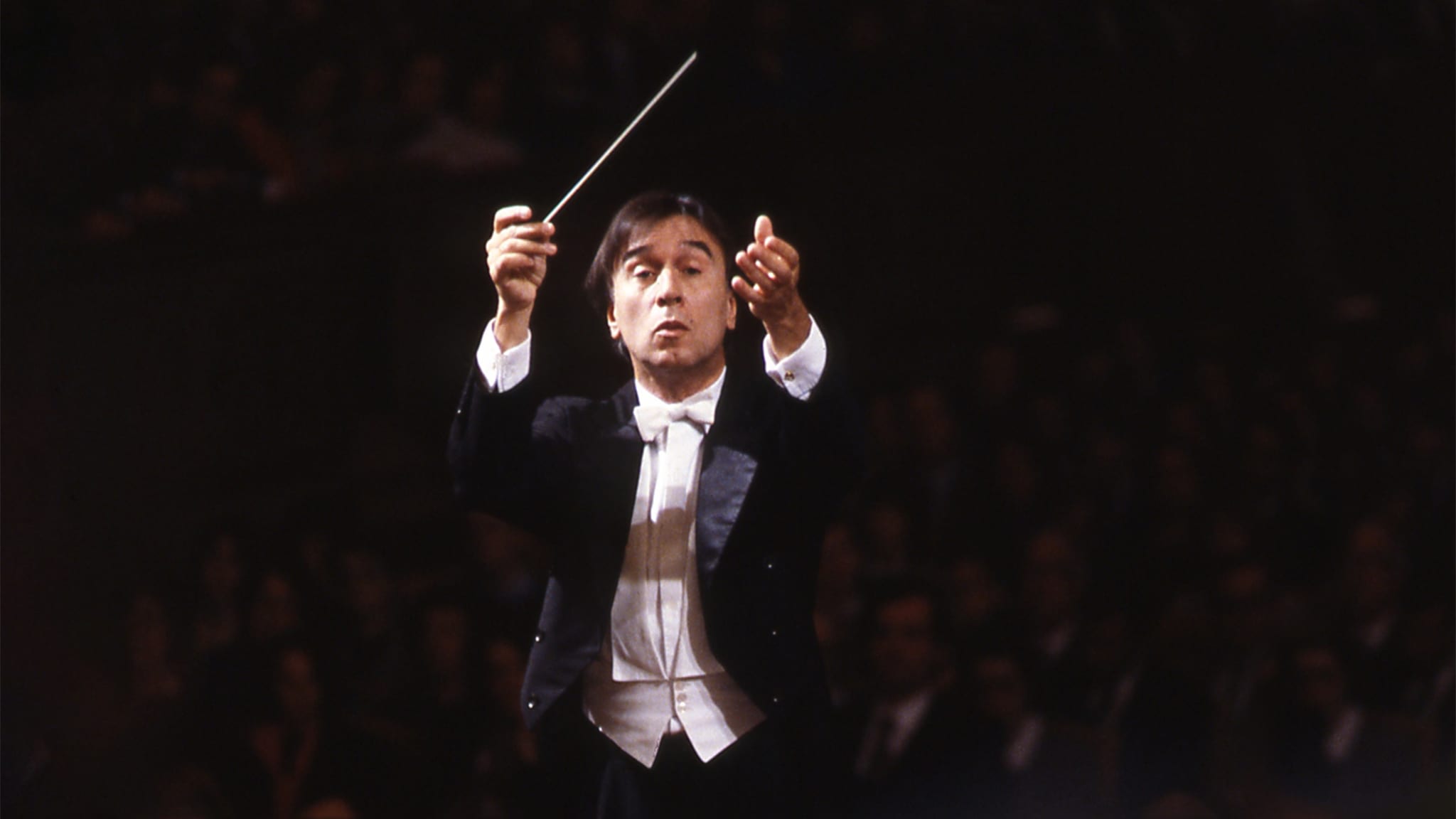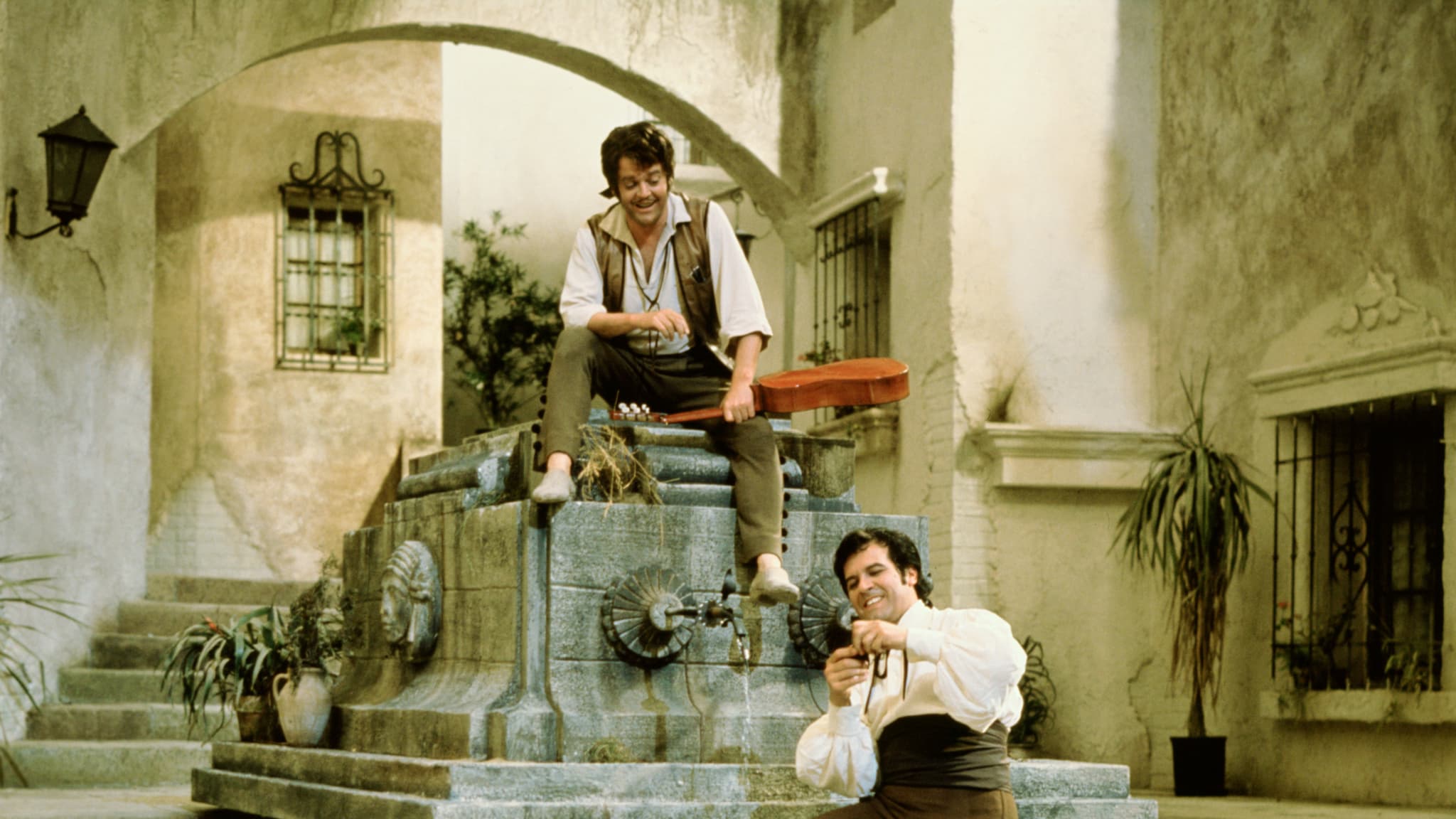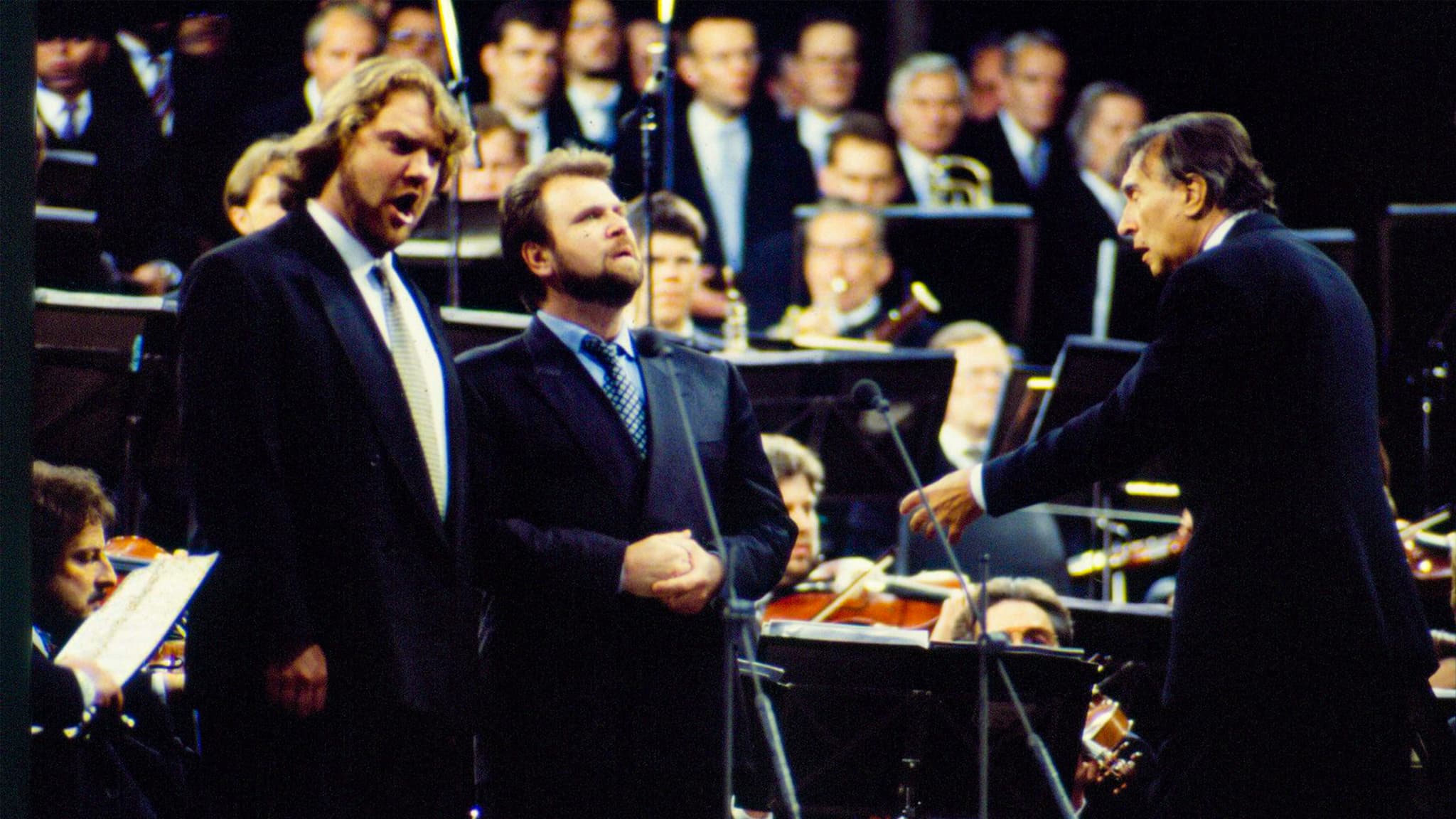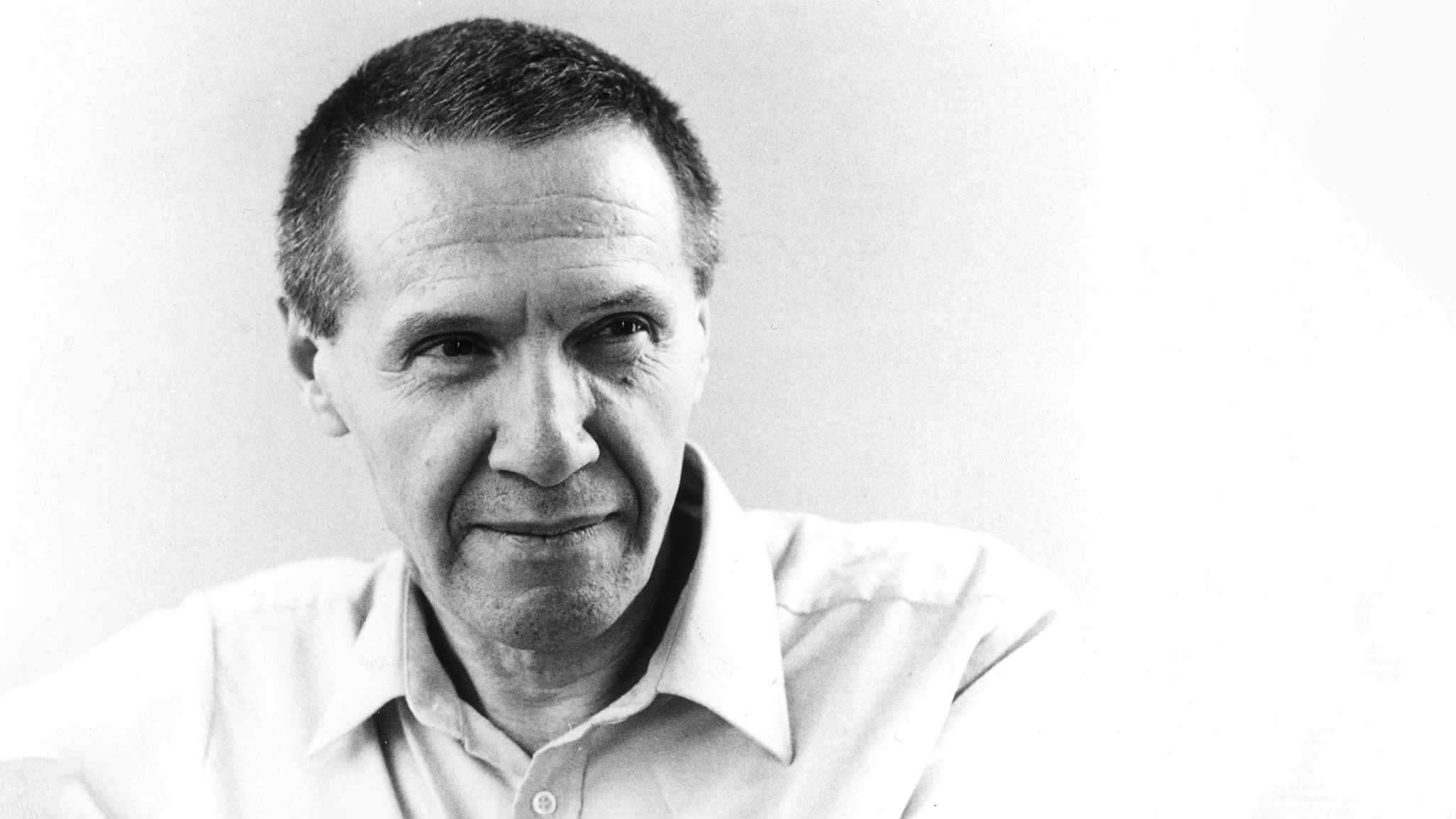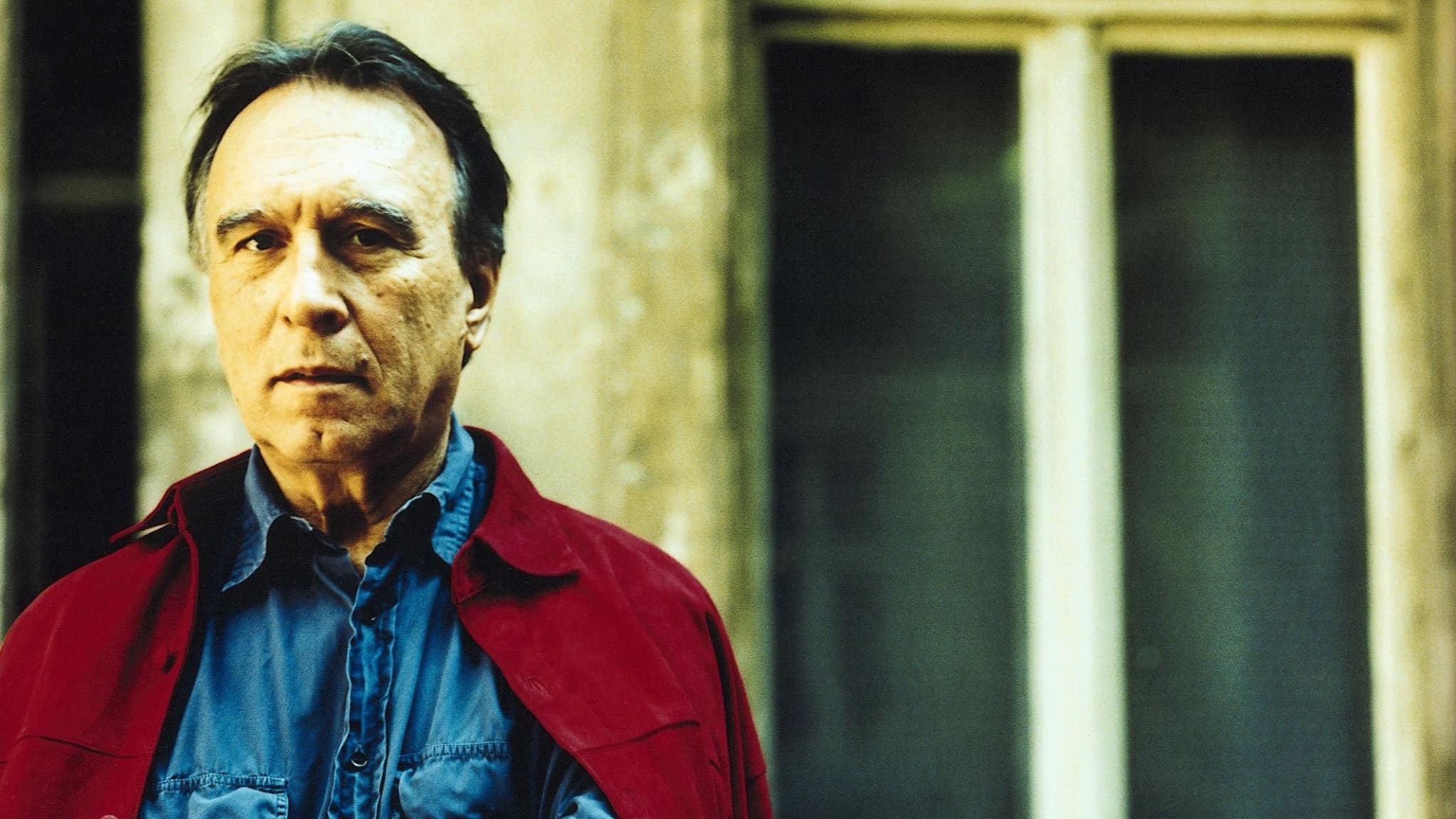Claudio Abbado will be remembered not only as one of the outstanding conductors of his era, but as a man whose tireless work and communicative gifts, in encouraging musicians, founding orchestras, and establishing festivals, had a far-reaching impact on cultural life. His extraordinary legacy bears witness to his personal development as a musician, his enthusiasm for such composers as Mahler, Debussy, Verdi, Mussorgsk, and Schubert, his championing of contemporary works, and his achievements with the institutions that shaped his career: the Teatro alla Scala in Milan, the London Symphony Orchestra, the Wiener Philharmoniker and Berliner Philharmoniker.
Born into a musical and artistic family in Milan in 1933, he studied piano, composition, and conducting at the Giuseppe Verdi Conservatory and went on to Vienna to follow a postgraduate course in conducting under Hans Swarowsky in the mid–1950s. He won the Boston Symphony Orchestra's Koussevitzky Prize in 1958, and made his debut at La Scala, Milan, two years later, conducting music by Scarlatti at the Piccola Scala.
After winning the Mitropoulos Prize in 1963, he worked with the New York Philharmonic as the assistant to Leonard Bernstein, before being invited by Herbert von Karajan to conduct Mahler's Second Symphony with the Wiener Philharmoniker for the first time at the Salzburg Festival in 1965. In the same year, he directed the world premiere of Giacomo Manzoni's Atomtod in Milan, and in the following season, he conducted his first opera in the Scala main season, Bellini's I Capuleti e i Montecchi, with Pavarotti and Scotto. After conducting the opening nights of the next two seasons, he was appointed the theatre's musical director at only 35.
In 1967, Abbado made his first recording for Deutsche Grammophon with a benchmark reading of Ravel's G Major piano concerto and Prokofiev's Third with Martha Argerich and the Berliner Philharmoniker. The beginning of his association with the London Symphony Orchestra, for which he was the Music Director from 1979 to 1987, led to many of his subsequent recordings with the yellow label. In time, Abbado amassed a huge discography on DG, including the entire symphonic works of Beethoven, Brahms, Mahler, and Schubert, and more than 20 complete operas. Devoting much time to nurturing young talent, he founded and led the European Union Youth Orchestra, which developed into the Chamber Orchestra of Europe in 1981, and with them he conducted recordings of Rossini's Il viaggio a Reims and Schubert's complete symphonies, which both won Gramophone's Record of the Year.
He moved to Vienna to take up the post of Artistic Director of the Staatsoper in 1986 and was made the city's general music director the following year. He went on to establish the Wien Modern festival and at the end of 1989, amid the turmoil and optimism of the fall of the Berlin Wall, he was elected by the players of the Berliner Philharmoniker to succeed Karajan as the orchestra's artistic director. Again, his appointment led to the establishment of new initiatives and concert seasons based on specific themes. He continued to conduct opera, both in concert and in the theatre, with appearances in London, Vienna and Ferrara, where he conducted a host of operas in the 1990s.
After leaving Berlin, Abbado continued to work with the Chamber Orchestra of Europe and Mahler Chamber Orchestra, before founding the Lucerne Festival Orchestra in 2003 and the Orchestra Mozart in Bologna in 2004. Abbado passed away in Bologna, Italy, in 2014.

